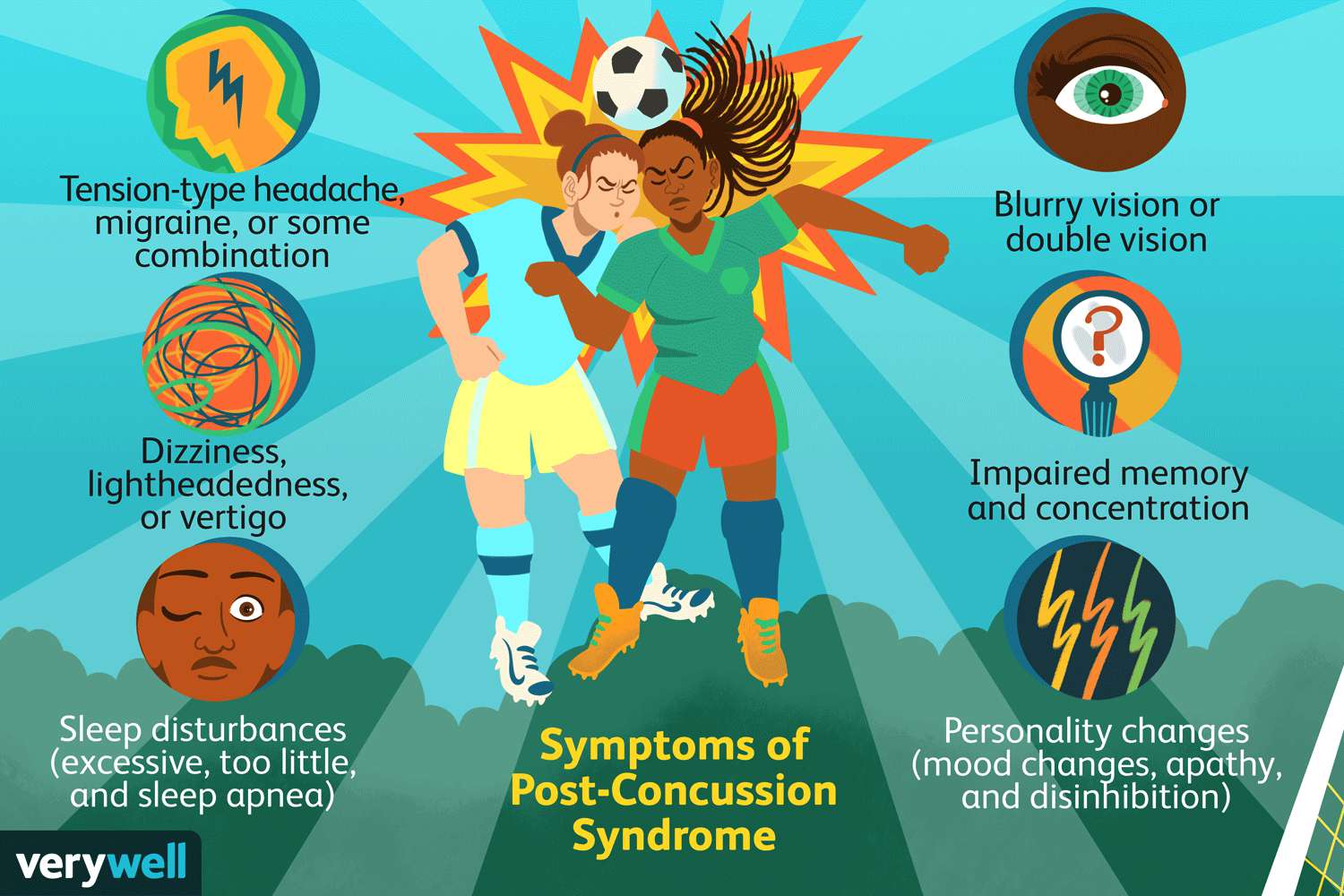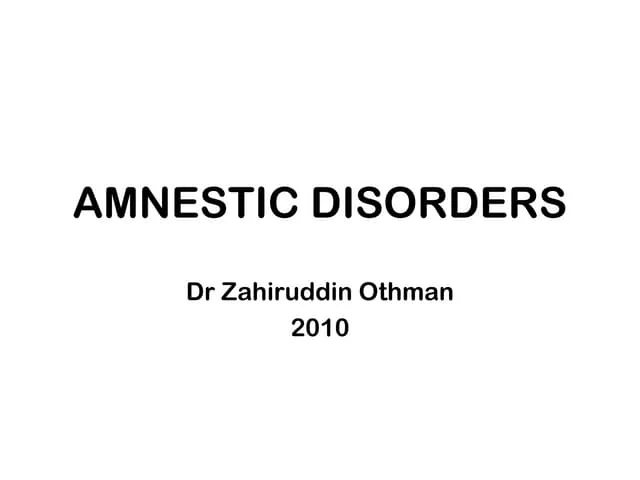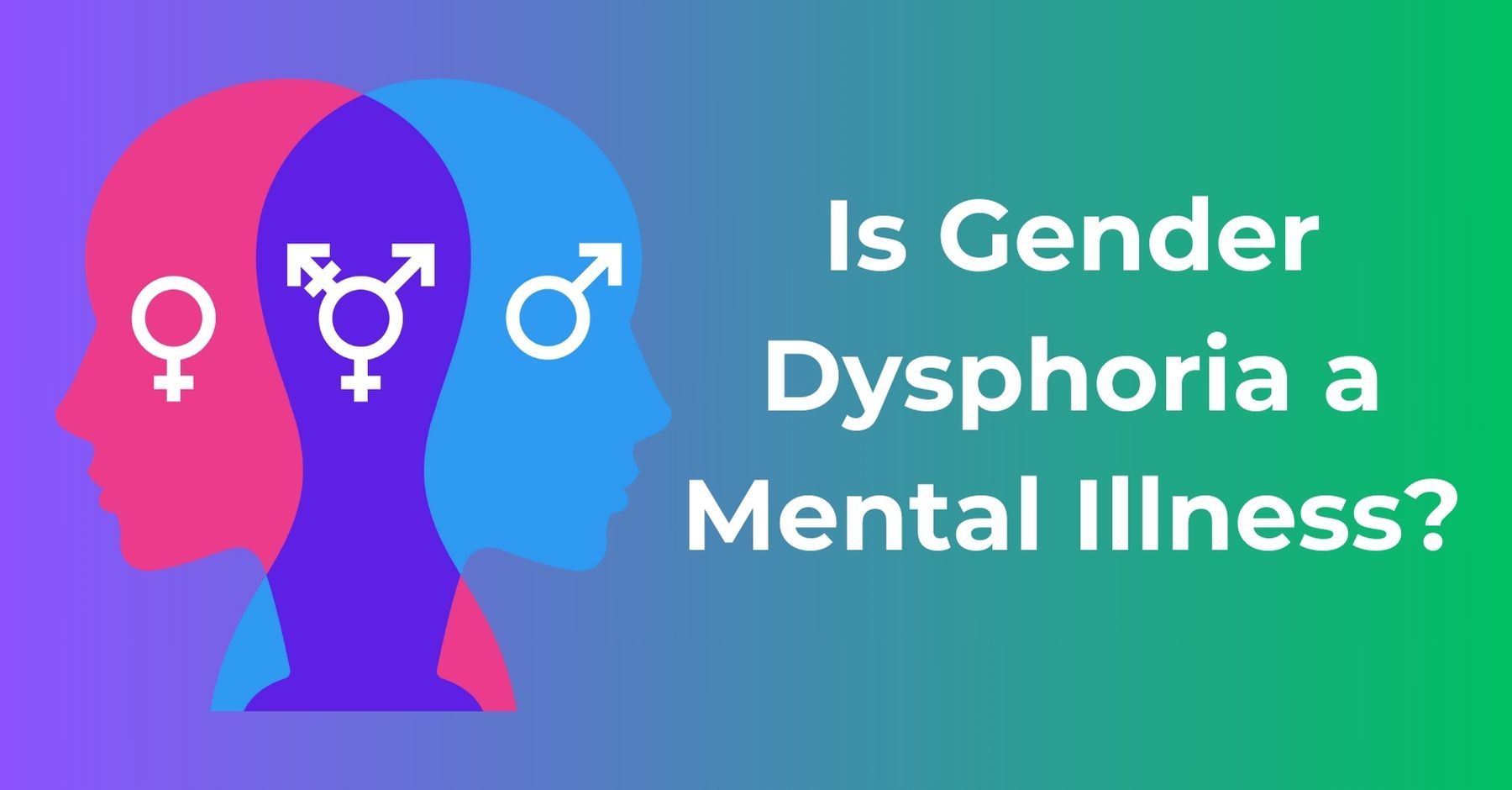Special diets are dietary plans designed to address specific health conditions, dietary preferences, or lifestyle goals. While a balanced diet is suitable for most people, certain individuals may benefit from a more tailored approach.
Common Special Diets
- Gluten-Free Diet: This diet excludes gluten, a protein found in wheat, barley, and rye. It is often recommended for individuals with celiac disease or gluten sensitivity.
- Dairy-Free Diet: This diet excludes dairy products like milk, cheese, and yogurt. It may be necessary for individuals with lactose intolerance or dairy allergies.
- Vegan Diet: This diet excludes all animal products, including meat, poultry, fish, eggs, and dairy.
- Vegetarian Diet: This diet excludes meat, poultry, and fish, but may include dairy products and eggs.
- Ketogenic Diet: This low-carbohydrate, high-fat diet can be effective for weight loss and certain medical conditions.
- Paleo Diet: This diet mimics the eating habits of our Paleolithic ancestors, emphasizing whole foods like meat, fish, fruits, vegetables, and nuts.
Important Considerations for Special Diets
- Nutrient Deficiencies: Some special diets may restrict certain nutrient-rich foods. It’s essential to consult with a healthcare professional or registered dietitian to ensure adequate nutrient intake.
- Food Allergies and Sensitivities: If you have food allergies or sensitivities, it’s crucial to identify and avoid trigger foods.
- Medical Conditions: Certain medical conditions may necessitate specific dietary modifications. Always consult with a healthcare provider before making significant changes to your diet.
- Lifestyle and Preferences: Consider your lifestyle and personal preferences when choosing a special diet. It’s important to find a plan that you can stick to long-term.
Remember, it’s crucial to consult with a healthcare professional or registered dietitian before starting any new diet, especially if you have underlying health conditions.1
By understanding the principles of special diets and seeking professional guidance, you can make informed choices to support your overall health and well-being.



